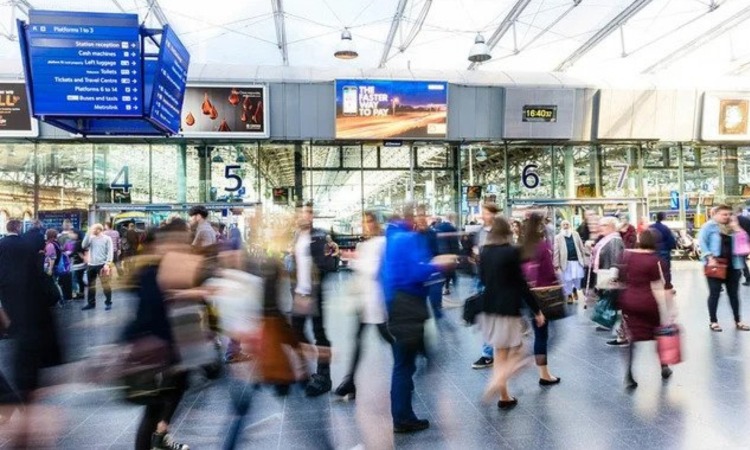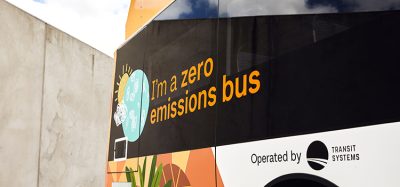New bill introduced to keep Britain moving during transport strikes
- Like
- Digg
- Del
- Tumblr
- VKontakte
- Buffer
- Love This
- Odnoklassniki
- Meneame
- Blogger
- Amazon
- Yahoo Mail
- Gmail
- AOL
- Newsvine
- HackerNews
- Evernote
- MySpace
- Mail.ru
- Viadeo
- Line
- Comments
- Yummly
- SMS
- Viber
- Telegram
- Subscribe
- Skype
- Facebook Messenger
- Kakao
- LiveJournal
- Yammer
- Edgar
- Fintel
- Mix
- Instapaper
- Copy Link
Posted: 20 October 2022 | Intelligent Transport | No comments yet
The UK government’s new legislation will ensure that a minimum service level is kept in place during transport strikes across Britain, so that passengers can still go to work, school and medical appointments.


Credit: Department for Transport
The UK government has announced that it has taken the first steps to ensure that transport strikes no longer bring the country’s mobility to a halt, with the introduction of the Transport Strikes (Minimum Service Levels) Bill.
The new bill means that even during the most disruptive of strikes, a certain level of services will still run, allowing passengers to go to work, attend school and make vital medical appointments, as well as allowing businesses to continue to grow the economy.
In addition to the huge impact on people’s day-to-day lives, economists have assessed that the first wave of rail strikes alone, in June 2022, cost the UK economy nearly £100 million, putting extra pressures on businesses and stopping people across the country from accessing their workplace during a cost-of-living-crisis.
Prime Minister Liz Truss said: “Hardworking people and businesses should not be held to ransom by strike action which has repeatedly crippled our transport network this year. This legislation delivers on our 2019 manifesto and will not only limit the unions’ ability to paralyse our economy, but will ensure passengers across the country can rightly continue to get to work, school or hospital.”
Transport Secretary Anne-Marie Trevelyan said: “Strikes have affected nearly all of us over this last year – whether that means losing out on a day’s pay at work, having to close your business, missing vital medical appointments or stopping our children from getting to school. It is vital that public transport users have some continuity of service to keep Britain moving and growing – this legislation will give everyone the certainty they need to carry on with their daily lives.”
Getting passengers back on-board: Transport for London’s road to recovery
The new legislation will mean that:
- A minimum service level must be in place during transport strikes – if this is not delivered, the unions will lose legal protections from damages
- Employers will specify the workforce required to meet an adequate service level during strikes and unions must take reasonable steps to ensure an appropriate number of specified workers still work on strike days
- Specified workers who still take strike action will lose their protection from automatic unfair dismissal.
The bill will set out the legal framework to allow minimum service levels to not only be set across the entire transport sector, but also implemented and enforced. The specific details of how minimum service levels will apply to transport services will be set out in secondary legislation in due course after a public consultation.
The intention of the legislation is that relevant employers and unions agree a minimum service level to continue running during all strikes over a three-month period. If such a level cannot be agreed, an independent arbitrator – the Central Arbitration Committee – will determine the minimum number of services.
The bill will undertake its first reading as of 20 October 2022 and is expected to come into force on transport services across the country in 2023.
If you liked this, you may also be interested in:
▶ New report reveals public support for pay-as-you-drive scheme
▶ Bristol Temple Meads to become UK’s first Station Innovation Zone
Related topics
Accessibility, Passenger Experience, Public Transport, Transport Governance & Policy, Workplace
Related modes
Bus & Coach, Rail
Related cities
Britain
Related countries
United Kingdom
Related organisations
Department for Transport (DfT), UK Government
Related people
Anne-Marie Trevelyan, Liz Truss








